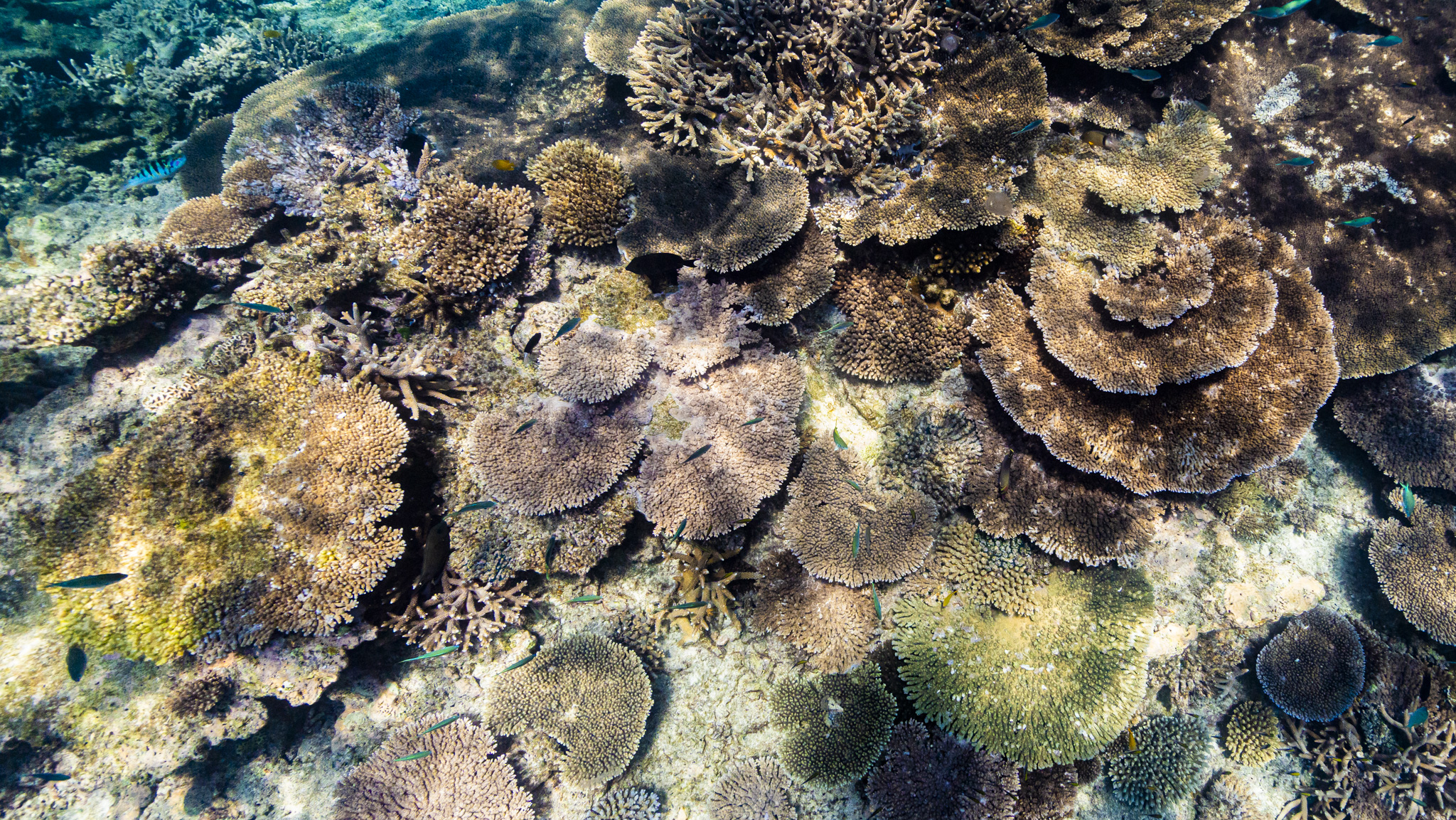
When We Protect, Nature Answers: Ocean Conservation After the High Seas Treaty
I found a buoy underwater. What was once just human debris was now covered in corals and full of life. Fish swam through it, corals had taken hold, and it had become a small ecosystem — a miniature planet Earth.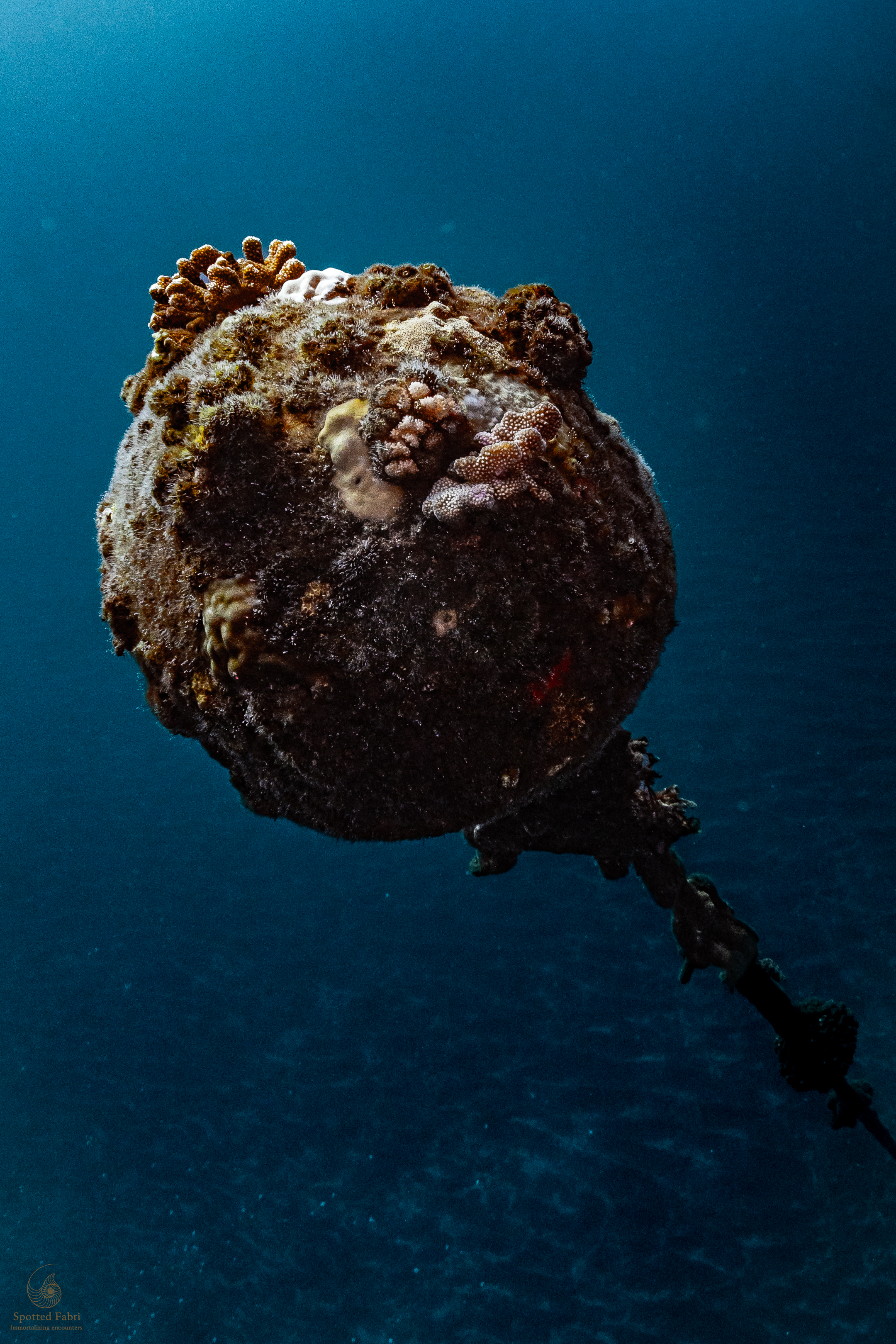
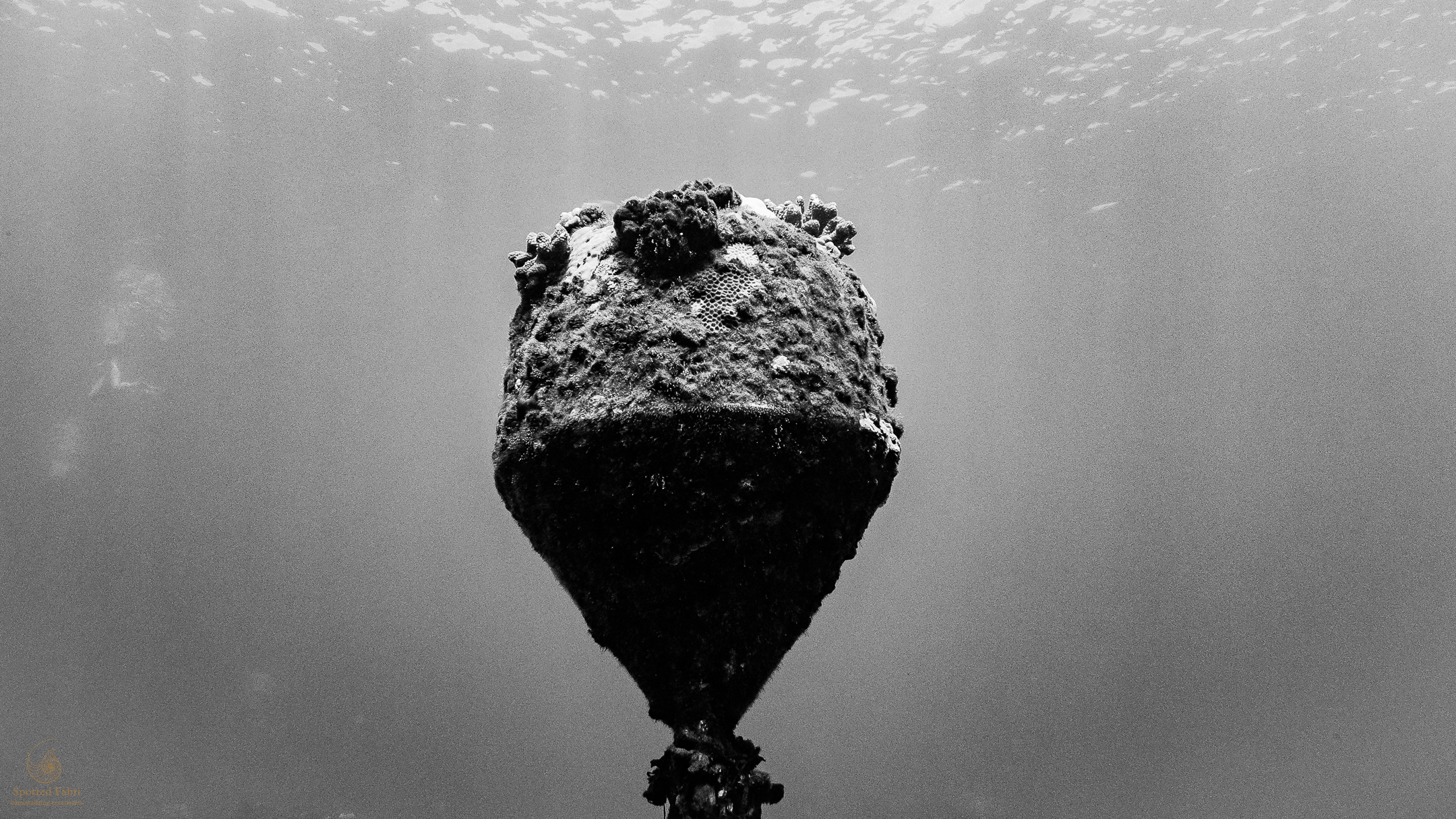
It showed me something simple but powerful: if we protect nature and give it space, even the smallest chance can turn damage into life.
A Thriving Reef in Réunion
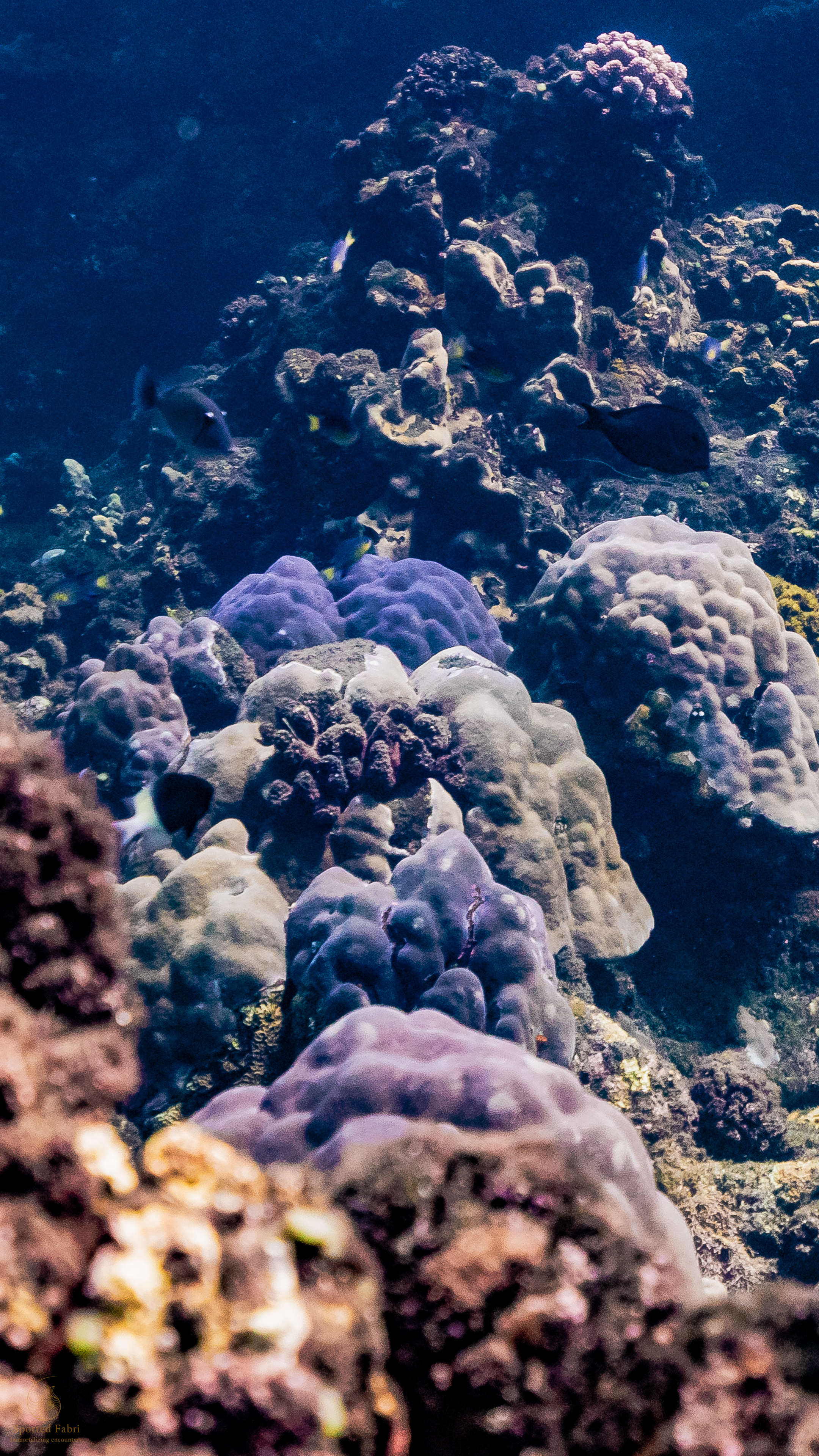
This is a marine protected area in Réunion Island, a reef alive with corals, fish, and whales. Proof that when we protect, nature answers.
I saw it myself: corals thriving, fish weaving in and out of their underwater homes, whales surfacing on the horizon. Divers, freedivers, and ocean lovers all witnessing the same truth — when we give nature space, life flourishes.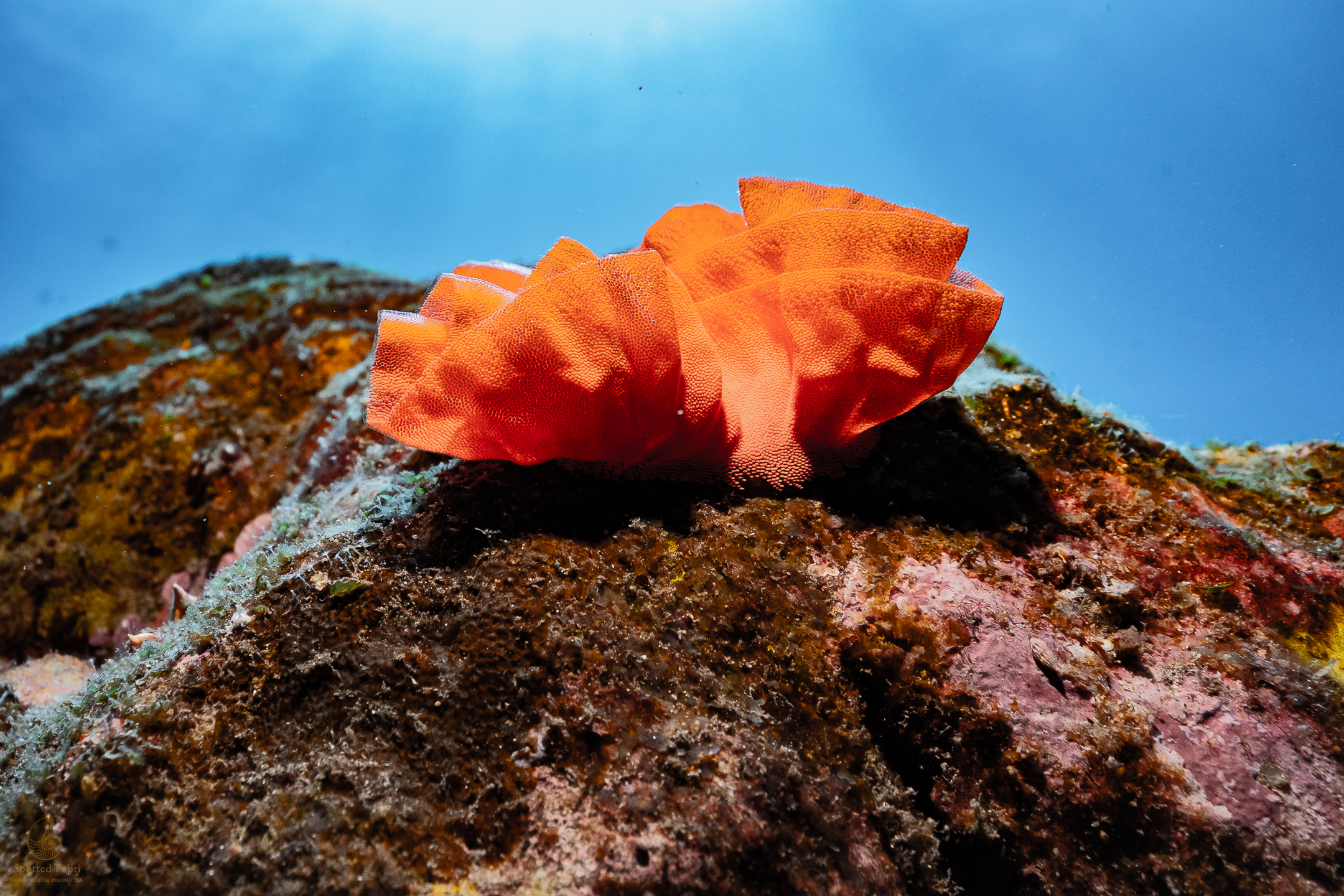
Marine protected areas like this are more than local treasures. They are living case studies showing the world why global ocean protection matters.
The High Seas Treaty 2025: A Historic Step
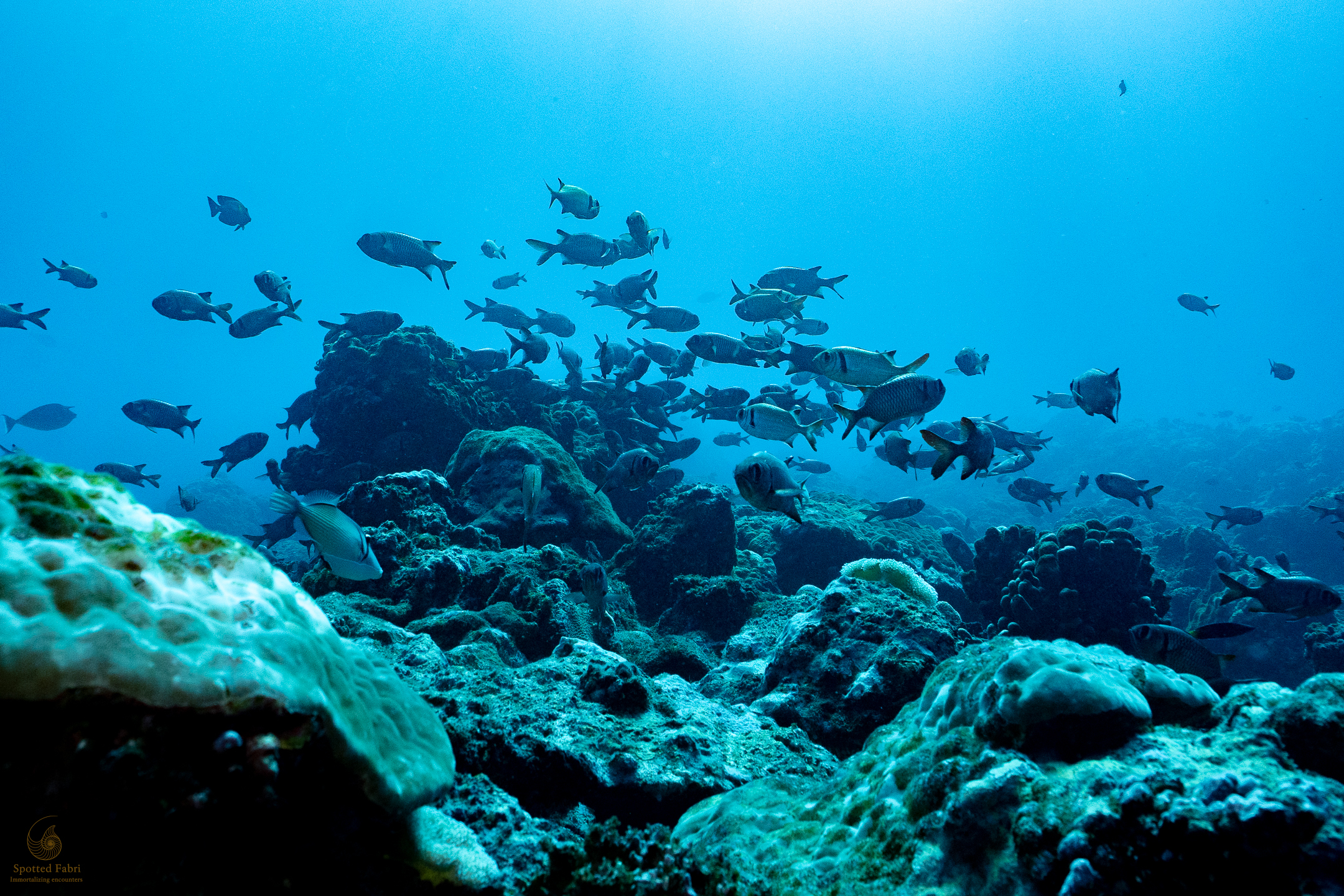
In 2025, the High Seas Treaty was ratified, a historic milestone in ocean conservation. For the first time, nearly two thirds of the global ocean beyond national borders will have legal protection.
This treaty creates tools once thought impossible:
• The power to establish marine protected areas on the high seas
• Mandatory environmental impact assessments for deep sea mining, shipping, and industrial activities
• A framework to reach the global goal of protecting 30% of the ocean by 2030
The High Seas Treaty is being called the Paris Agreement for the Ocean. It is a turning point, the beginning of real accountability in international waters.
WTO Fisheries Subsidies Agreement: Less Money for Destruction
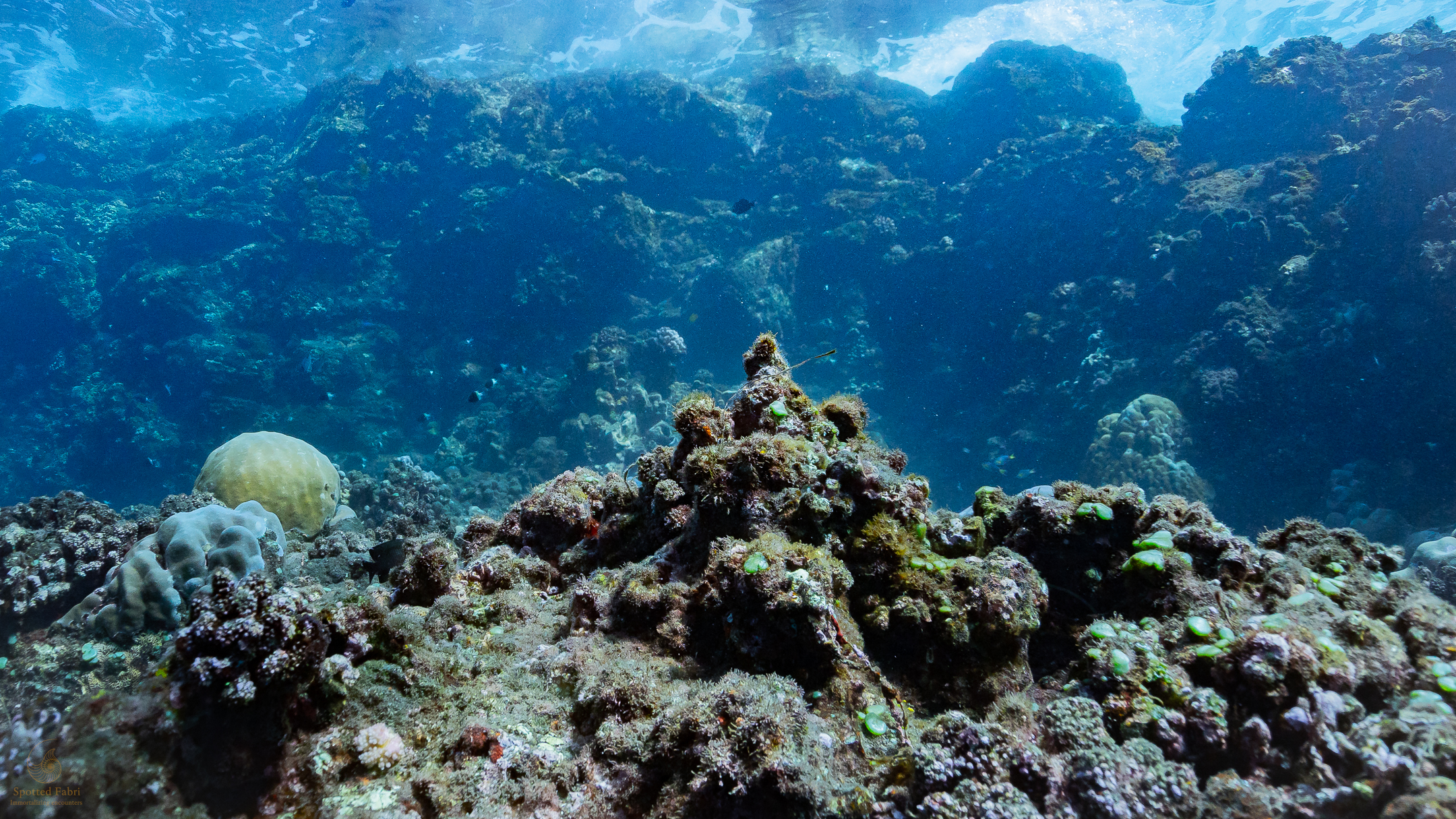
Almost at the same time, another critical milestone arrived. The WTO Agreement on Fisheries Subsidies finally entered into force after 20 years of negotiations.
This agreement bans governments from providing subsidies that fuel:
• Illegal, unreported, and unregulated (IUU) fishing
• Fishing on already overfished stocks
In simple terms: less money for destruction, more chances for the ocean to heal.
Together, the High Seas Treaty and the WTO agreement shift the balance. Protection over exploitation. Sustainability over short term gain.
Why I Waited to Share This
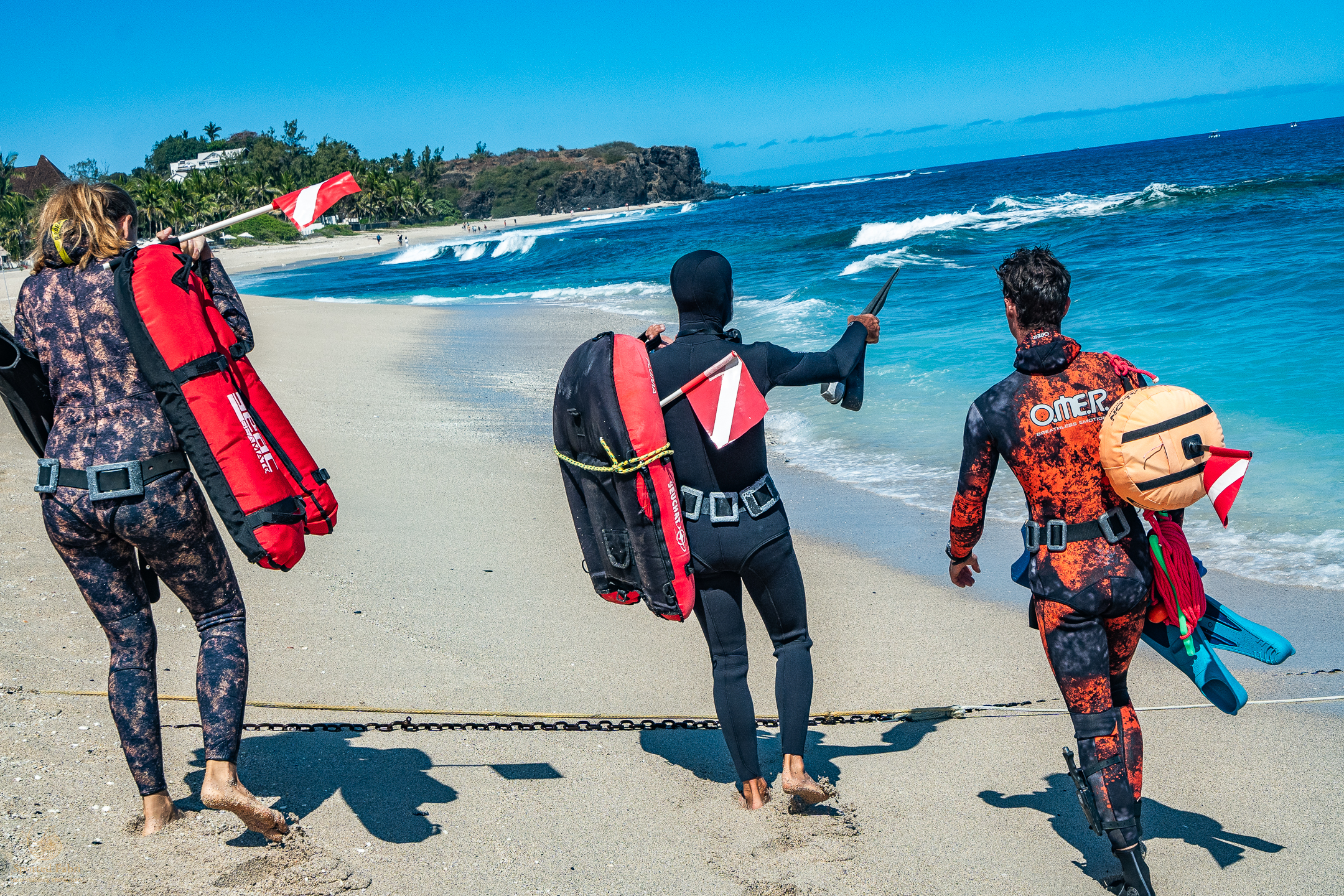
I did not write about these treaties immediately. At the same moment, a humanitarian flotilla was sailing, risking everything against ruin forces that treat human lives as disposable.
I did not want to distract from that.
But these stories are connected. Both are about saying no to a system that values profit over life whether it is the ocean, a community, or a child.
Lessons from Réunion Island
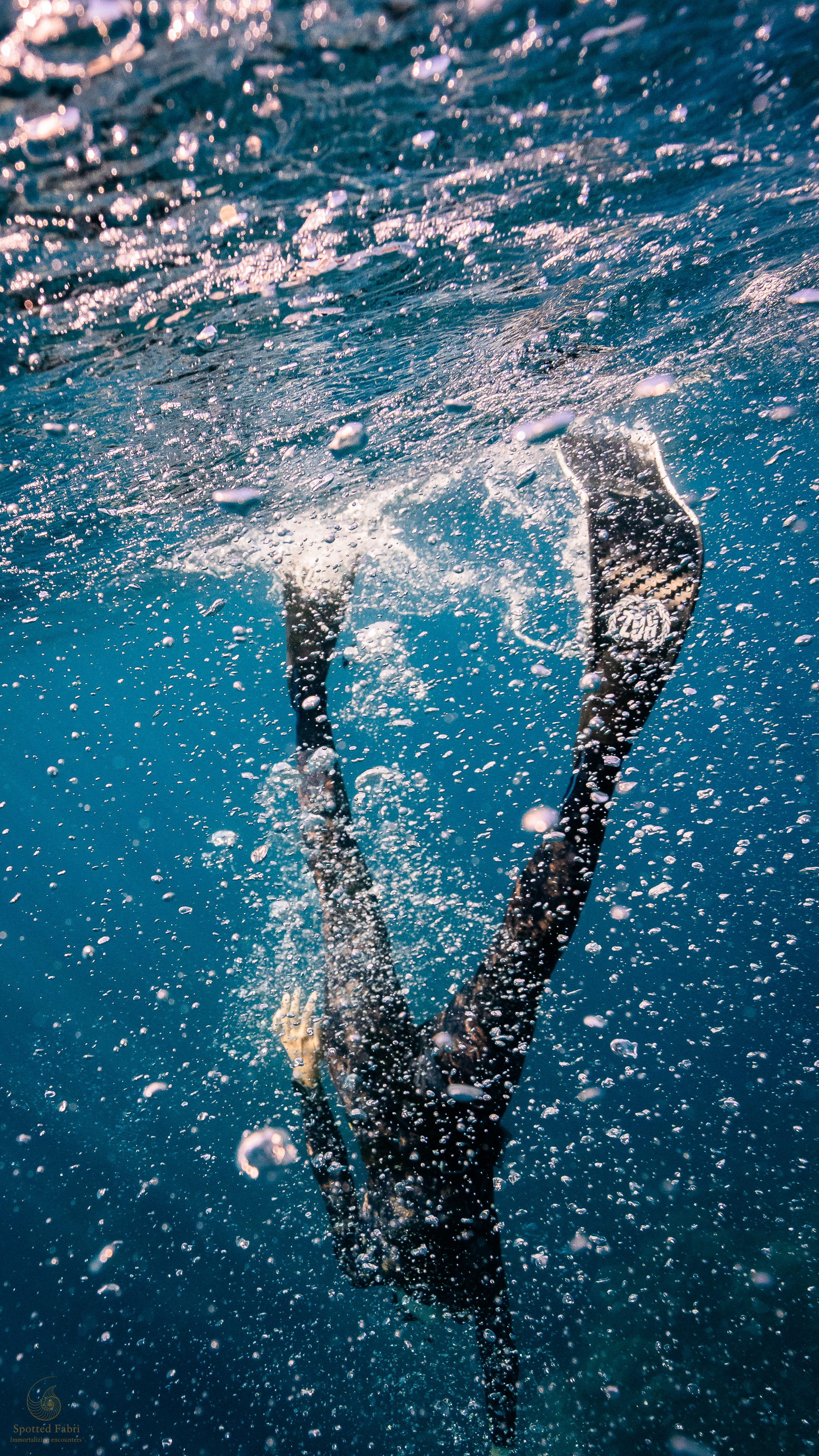
In Réunion Island, I found another kind of guardianship. The island’s marine protected areas attract divers, freedivers, and ocean lovers.
It is not the same as Indigenous communities of the Great Barrier Reef, who live from and with the reef. But here too, people live with the ocean, as culture, as identity, as daily rhythm.
When we were there, our investigation even made the local news. Everyone spoke about whales, looked for them, celebrated them. Every day, people were out enjoying the sea.
This spirit of celebration and care is the foundation of ocean conservation. It proves that when communities embrace the ocean, protection follows naturally.
One Fight, Many Fronts
Protecting the sea means protecting ourselves. Resisting destruction means choosing empathy over greed.
The High Seas Treaty 2025 and the WTO Fisheries Subsidies Agreement are reasons to celebrate, but they are only the beginning. Treaties on paper only work if communities demand enforcement, if countries commit to compliance, and if individuals make choices that respect the ocean.
Your decision at the supermarket.
Your choice at a restaurant.
Your voice when governments ignore sustainability.
It all adds up.
Keep Your Eyes on the Planet
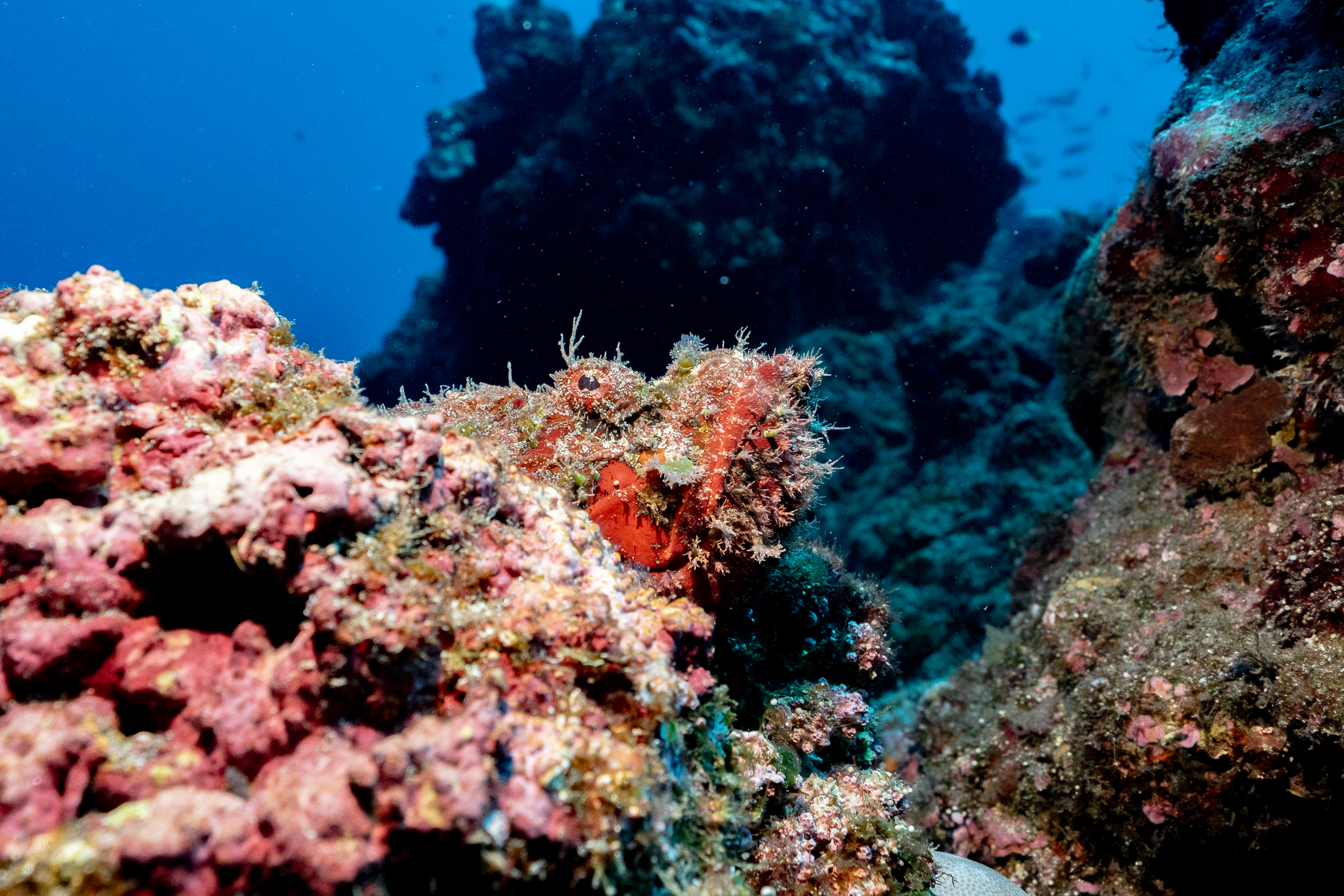
There are forces that care nothing for humanity, only for extraction and wealth. But treaties like the High Seas Treaty and the WTO subsidies ban remind us that global cooperation is possible.
Keep your eyes on the planet.
Keep your heart on the people.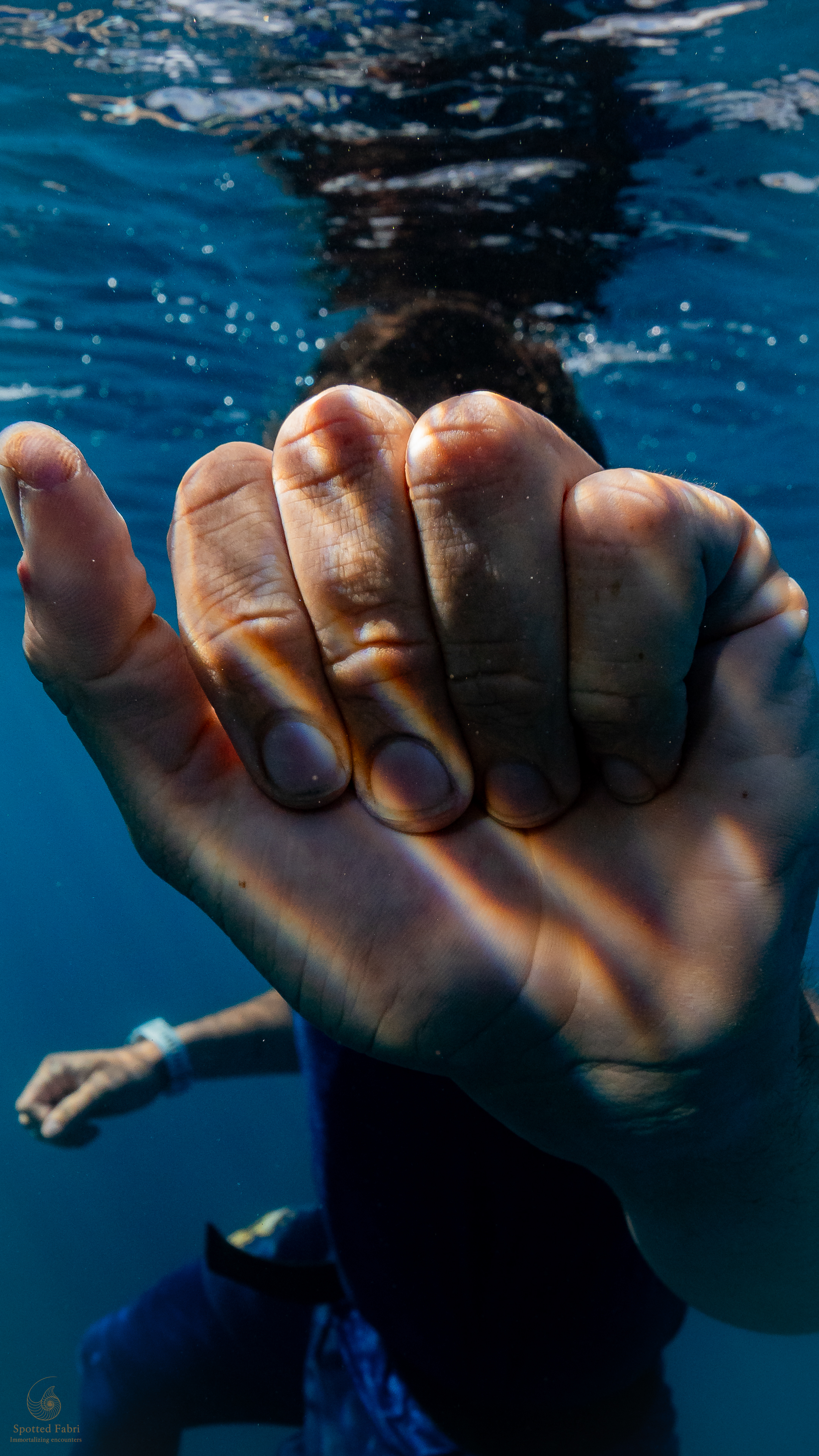
Because wild places must stay wild or we lose the chance to remain human at all.
This is Spotted fabri, and May the Ocean and the humanity be with you all.



